All rights reserved. No part of this book may be reproduced in any form without written permission from InterVarsity Press.
InterVarsity Press is the publishing division of InterVarsity Christian Fellowship/USA.
For information, visit intervarsity.org.
Scripture quotations, unless otherwise noted, are from The Holy Bible, English Standard Version, copyright 2001 by Crossway Bibles, a division of Good News Publishers. Used by permission. All rights reserved.
The publisher cannot verify the accuracy or functionality of website URLs used in this book beyond the date of publication.
IF YOU LIVE IN THE SOUTHor almost anywhere in rural Americayouve seen the images of Christian nationalism. Perhaps its a billboard that says God strong with an image of a faded and battle-damaged American flag between the words. Or perhaps you spot a pickup truck or two that has an American-flag-draped cross painted on the back, with the words stand for the flag, kneel for the cross stenciled on the tailgate.
Starting in late June, youll see different sights. In preparation for the Fourth of July, some churches will hold faith and freedom Sundays and cover their grounds with American flags. Youll see flags inside the sanctuary as well. Theyre always in some churches. Others bring them in to celebrate the nations birth. Pastors will ask veterans to stand, and the congregation will cheer.
All these sights and sounds are the tangible, telltale evidence of a deep and profound bond that exists in the hearts of countless millions of Americans, a bond between church and nation that is experienced far more viscerally than it is intellectually or theologically.
There is a deep conviction that America has a specific, divinely ordained purpose that is distinct from and superior to the divine purpose for other nations. There is a connection to a version of the past that renders the nation uniquely virtuous, and there is a profound feeling that the fate of the church itself is bound up in the fate of the nationthat as America becomes less American it will invariably become less Christian.
This version of Christian nationalism has existed for a very long time in American history, but prior to the Trump administration it was often suppressed or channeled through establishment Republican politics. For decades it was harnessed to the great national cause to contain and ultimately defeat an atheist and oppressive Soviet empire.
Figures like Ronald Reagan, George H. W. Bush, and George W. Bush could appeal to Christian nationalists while still advancing a version of classical liberal conservatism that rejected nationalist extremes. Nationalists were part of the GOP coalition, but they did not dominate it. They did not define it.
But while Christian nationalism could be more or less malignant in American life, it could never truly be benign. It warps both religion and patriotism, and when turned against fellow Americans, its a force potent enough to rupture the fabric of American political lifeand possibly even the American republic itself.
The effort to overturn the 2020 presidential electionculminating in the president of the United States pressuring the vice president to disrupt the counting of the electoral votes and hundreds of vocal Christian patriots storming the Capitolrepresented the most tangible evidence of Christian nationalisms dark influence.
Most Americans were shocked by what they witnessed on January 6, but in hindsight we shouldnt have been. Months of apocalyptic rhetoric and prophecyincluding rhetoric and prophecies explicitly tying the Trump presidency to the very life and health of both nation and churchhad deceived millions and radicalized tens of thousands. All the signs of violence were there, including explicit admonitions to fight for God and country. But this time the fight wasnt against the North Koreans, or the Viet Cong, or al-Qaeda, or ISIS; it was against the media, Joe Biden, and the left. It was American versus American.
The conflict is still American versus American. The nationalist fever is not breaking. Christian nationalism has long had a hold over millions of Christian hearts, and it is increasing its hold over Christian minds. Right-wing Christians are increasingly rethinking the American classical liberal founding itself, and theyre girding Christians to fight a cold civil war to defend and restore a particular (and largely mythical) version of Americas Christian past.
Thus, there is no better time for Professor Millers book. Its arriving exactly when an increasing number of Americas religious and political leaders need to understand exactly what Christian nationalism is and why its manifestly dangerous to both the church and nation it seeks to save.
This book takes Christian nationalism seriously. By that I mean that it takes both the ideas and the threat seriously. It engages the ideas critically and respectfully. There are no straw men in these pages. Professor Miller understands that there are reasons why so many millions of Americans are captured by Christian nationalisms themes, and reasons why so many millions of Americans feel as if both the church and their idealized version of the state are under threat.
And if there is no better time for Professor Millers book, there is no better person to make the argument. All too many books about American Christianity are written from the outside looking in, as if the writer is encountering and struggling to understand a strange new people group. Outsider perspectives can be helpful, but theyre often not heard. In a nation so torn between left and right, red and blue, all too many Americans simply refuse to hear from anyone who is not in their tribe.
Miller, however, is a theologically orthodox Christian with a deep history in Americas conservative churches. Hes a veteran. Hes a longtime Republican. Hes not writing about a people he doesnt know or ideas hes just encountered. Hes writing, instead, about members of his own community, and he doesnt just observe their concerns about the direction of the nation and the ideology of the American left; he shares their concerns.
Critically, Miller is also a patriot. He doesnt scorn this nation. His eyes are open to its flaws, but he has also served it in uniform. He has served it as a member of a Republican administration. In the pages of the book, he articulates a patriotic alternative to nationalism, one that is grounded in a love of home but does not tie the fate of the church to the fate of the nation or indulge the notion that America is Gods special land.
Christian nationalism is deeply embedded in too many Christian hearts. Professor Miller doesnt pretend that his book can reach every man with a flagged-draped cross painted on his truck or every woman who plants flags on the church grounds the night before faith and freedom Sunday, but he does know that leaders matter, and Americas Christian shepherds are now facing temptations to follow their flocks rather than lead them away from a dangerous path.

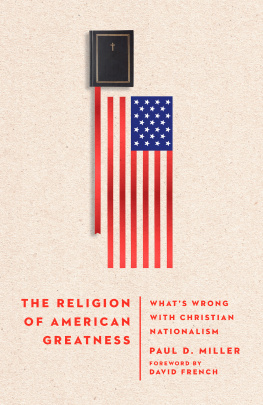
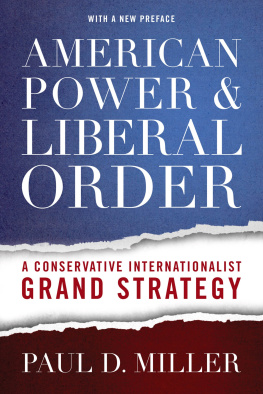

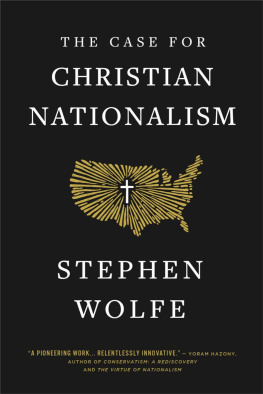
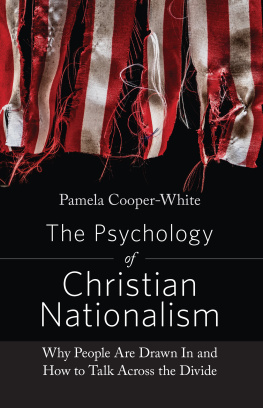
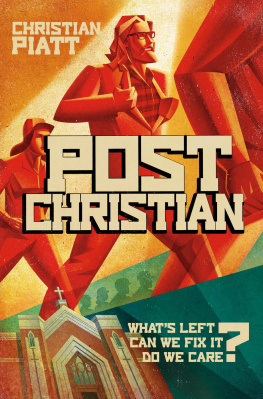
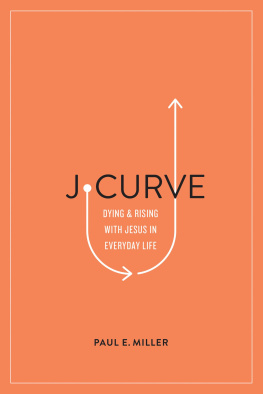
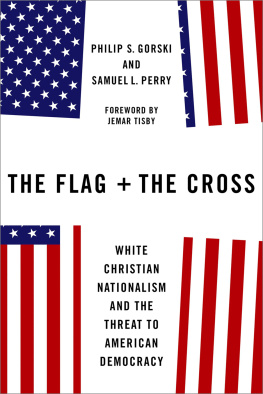

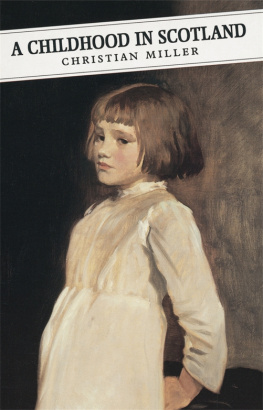
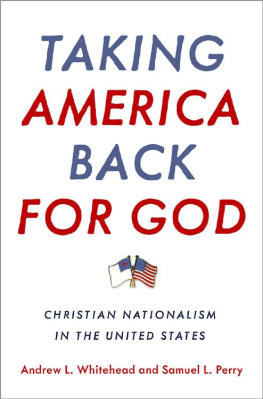
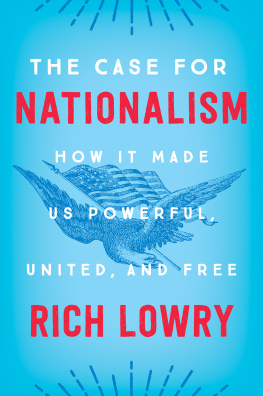

 InterVarsity Press
InterVarsity Press